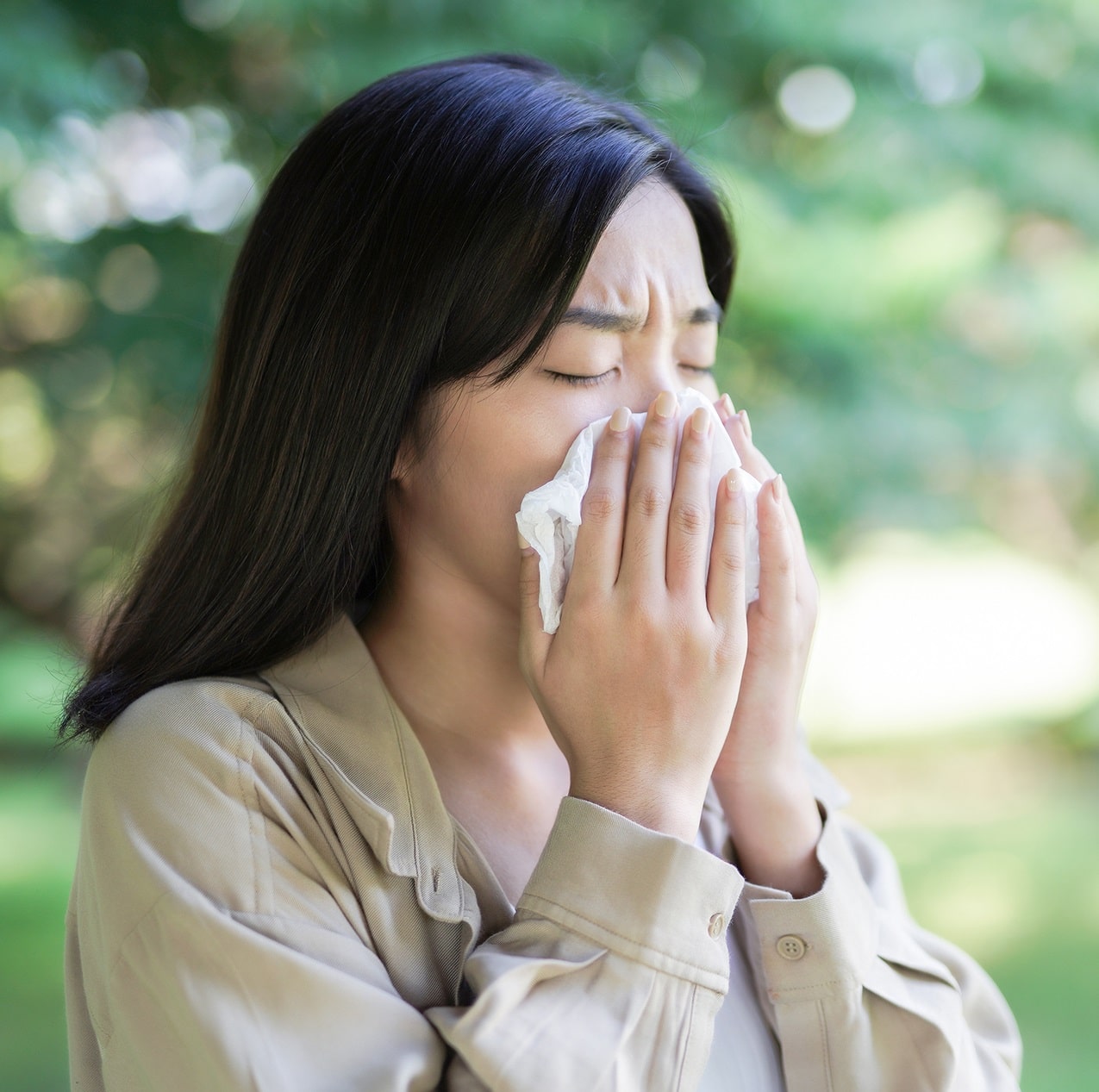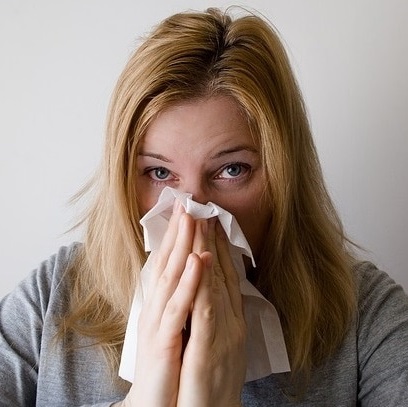What is an Allergy?
An allergy is a sensitivity or abnormal reactions to a substance. When an individual is exposed to an 
People can be allergic to a number of things including –
– Dust, mold, mildew, pollen
– Foods or certain medications
– Dyes, chemicals, or cosmetics
– Feathers, woods, plants and animals
– Sting from a bee or wasp
Allergies are broken down into two main types – seasonal allergies and perennial allergies. Seasonal allergies (hay fever) occur during a specific season of the year, such as spring or fall. In the spring, seasonal allergy sufferers may experience problems due to the beginning of the pollination cycle. At this time of the year, most people’s allergic reactions are the result of trees and grasses. In the fall, ragweed is the culprit for most allergic reactions. Perennial allergies, on the other hand, occur year-round. The most common perennial allergies include mold spores, dust, pet dander and food allergies.
Symptoms of Allergic Reaction
An allergic reaction can affect several systems in the body, including the respiratory tract, the eyes, the gastrointestinal tract and the skin. Let’s take a look at each system and some of the common symptoms experienced.
- Gastrointestinal Tract
The symptoms that can occur in the gastrointestinal tract include nausea, vomiting, abdominal pain, gas and diarrhea. These symptoms occur when someone consumes a food that they are allergic to.
- Eyes
Itchy eyes, the sensation of a foreign body in the eyes, redness and watery eyes are common symptoms of an allergic reaction.
- Respiratory Tract
When an allergic reaction causes symptoms in the respiratory tract, a patient can experience cough, shortness of breath, feelings of suffocation, wheezing and congestion. The nose can become stuffy along with post-nasal drip, itching can occur in the throat and nasal passages, the tip of the nose can become red and a runny nose can happen.
- Skin
Common allergy symptoms of the skin include rashes, dry skin, a burning sensation, itching and redness.
Approximately 36 million Americans suffer from seasonal allergies. Seasonal allergies account for more than $6 billion in medical costs each year. Homeopathic medicine has been proven to significantly improve allergic rhinitis in a number of studies.
Homeopathic Remedies for Allergies
Homeopathy is similar to immunotherapy used for allergy patients where a small amount of allergens are injected into the patient to help the body become accustomed to the allergen. Homeopathy works the same way and can be used to treat allergies and other respiratory, skin, and digestive issues.
The goal is to not only treat the allergic symptoms but also address the underlying cause of susceptibility. The remedy chosen is based on the individual and the symptoms they are experiencing. These treatments are based on the location, cause, modalities, sensation and extension of complaints.
Homeopathic remedies can help with –
– Respiratory allergies, watery eyes, runny nose, wheezing, shortness of breath and the feeling of suffocation
– Skin issues and allergies, itching, hives, skin rashes such as eczema
– Gastrointestinal disturbances, loose stools, gas, abdominal pain
Some of the most common food allergens include wheat, eggs, milk and shellfish.
























